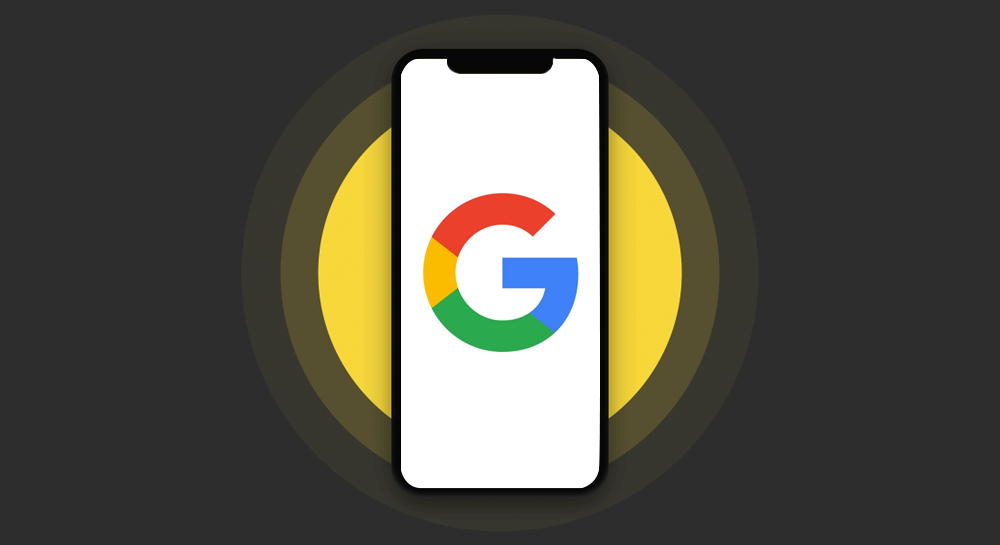A typical millennial tends to spend about 90 minutes per day looking at their phone. Considering that we sleep for an average of 480 minutes a day, many people will end up spending one-fifth of their sleep time and one-sixteenth of their entire lifetime staring at a smartphone screen.
Now that people are dedicating so much time to their cell phones, companies are scrambling to develop ecommerce mobile-friendly apps and websites to accommodate more potential customers.
Quickly picking up on this trend, Google addressed the demand by rolling out Mobile-First Indexing.
Contents
What is Mobile-First Indexing?
Until recently, Google has concentrated on ranking web pages designed solely for desktop browsing; however, with mobile-first indexing, Google converts into a mobile version and ranks websites accordingly. Instead of combining mobile features with traditional desktop sites, mobile-first indexing entirely replaces the desktop site with a distinct mobile version.
A Few Examples of Mobile Responsiveness
Twitch has desktop and mobile versions that are quite different in both layout and content. In fact, they use different URLs.
www.twitch.com – desktop version

m.twitch.com – mobile version (iPad)

Meanwhile, Reddit’s desktop and mobile versions are unified, maintaining responsiveness across both platforms. It’s same everywhere how small or large the screen sizes may be.
www.reddit.com – desktop version

www.reddit.com – mobile version (iPad)

On the contrary, few sites are neither responsive nor mobile-friendly. This is not recommended though.
www.rarenewspapers.com – desktop version

www.rarenewspapers.com – mobile version (iPad)

How will your site be treated by Google?

Creating A Mobile Version of Your Own Site
Here are a few strategies you can employ if you are looking to make your site more mobile-responsive.
Accelerated Mobile Pages (AMP)
AMP is an open-source library that provides a straightforward way to create web pages that are designed to improve the performance of web content and advertisements. AMP pages are just web pages that you can link and are controlled by you.
AMP on Google Search Result
Google Search indexes AMP pages to provide a fast, reliable web experience. When an AMP page is available, it can be featured on a mobile search as a part of feature-rich results.

During a mobile search, the AMP icon helps users quickly identify pages that load quickly and smoothly. When users select an AMP page, Google Search then retrieves the page from the Google AMP Cache, enabling a variety of load optimizations that allow the pages appear instantly with prerendering. However, AMP pages are currently unavailable on desktop platforms.
Why are AMP Pages Faster?
- Asynchronous execution of all AMP JavaScript
- Static sizing of all resources
- Extension mechanisms are not render blocked
- Third-party JavaScripts are out of the critical path
- All CSSs are and size-bound
- Efficient font triggering
- Minimization of style recalculations
- Only runs GPU-accelerated animations
- Prioritizes resource loading
- Loads pages instantly
Note: Follow this link to create your first AMP page
.
Best Practices for Mobile-First Indexing
Having AMP pages in your site does not guarantee that your site will get listed on top of Google search results. AMP is just one of the methods that are useful for optimizing mobile performance. Here are some other tips recommended by Google to improve your website ranking.
- Your mobile site should contain the same content as your desktop site
- Structured data and Metadata should be present on both versions of your site
- Verify both versions of your site in Search Console
- Check hreflang links on separate URLs
- Ensure that your servers have enough capacity
- Verify your txt directives
- Make sure you have the correct rel=canonical and rel=alternate link elements between your mobile and desktop versions
The Verdict
Mobile-first indexing does not mean you have to totally revamp your site. In the end, If you’re happy with your current Google ranking, that’s totally fine. Your site will still be in the search results but perhaps not optimized as a mobile-friendly website. If you’d like to improve your SEO, then making your site mobile-friendly is the best step towards increased web traffic. Visit DCKAP online today for an expert opinion on how your site can transition gracefully into the mobile-first era.




